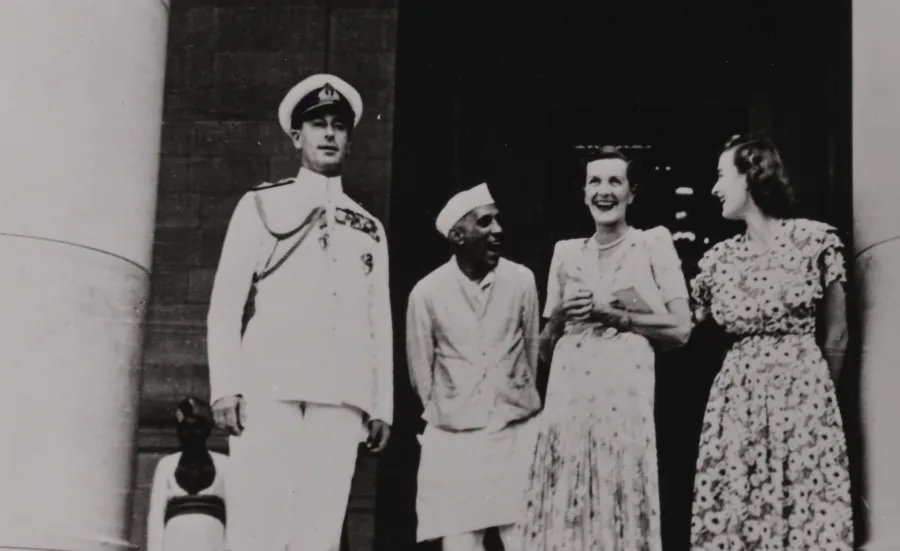We explore the varied ways that global empires functioned, were resisted and negotiated. We also ask how these empires continue to define the present. Our academics, from a variety of disciplines, examine the issues around migration, power, violence, trade, race, and much more.
Our regular events include talks, film screenings and workshops in support of our research on these themes. We support postgraduate study through our annual conferences. These are well attended by PhD students from Southampton and beyond. They offer the opportunity to work across disciplines to study socially important themes.

